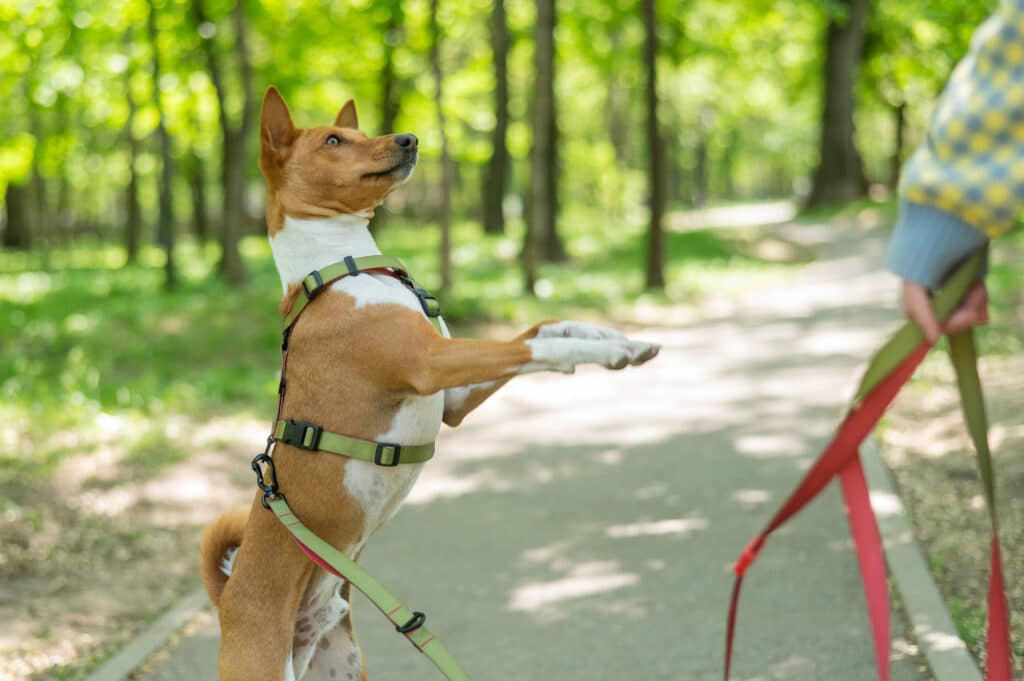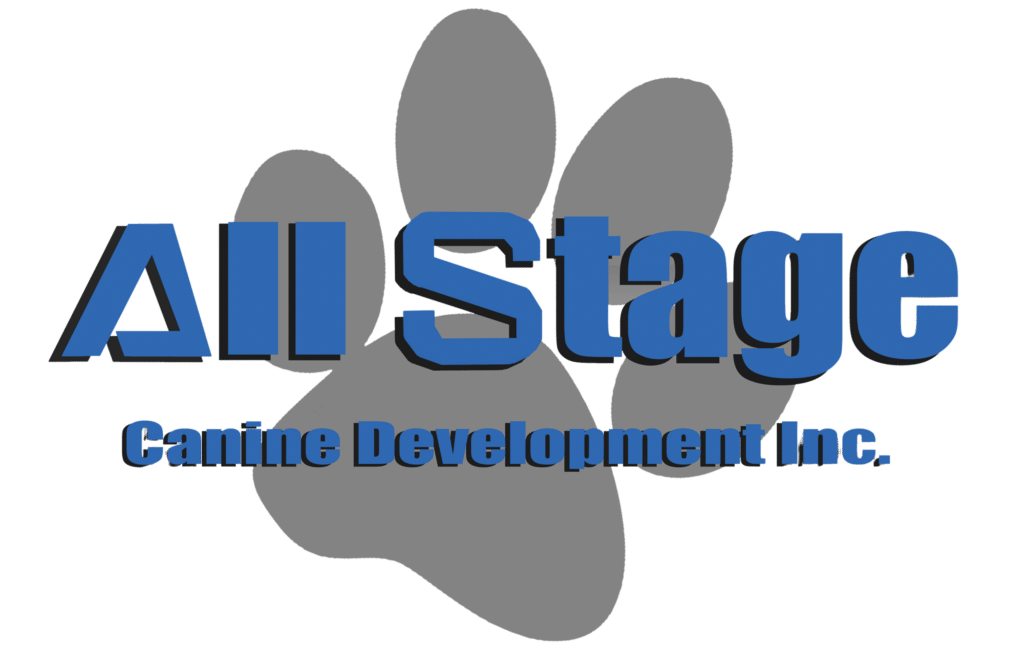
Every new puppy parent faces the same crucial question: when to start training your puppy? The answer might surprise you – proper training begins the moment your puppy comes home. At All Stage Canine Development, we’ve helped countless Sacramento families build strong foundations for confident adult dogs through early, systematic training approaches.
Why Early Puppy Training Matters: Building a Strong Foundation
The journey of puppy training isn’t just about teaching basic commands – it’s about shaping your puppy’s life and future behavior. Starting training at a young age creates well-behaved dogs who understand good manners and respond reliably to basic obedience commands. Early positive reinforcement experiences help prevent common issues like separation anxiety and ensure your puppy grows into a confident, social companion.
The Perfect Time to Begin Training: Your Complete Puppy Training Schedule
Let’s break down the ideal timeline for training your puppy, ensuring you don’t jump ahead or miss crucial developmental stages.
8-12 Weeks: The Golden Window for Basic Puppy Training
This period is crucial for your puppy’s development and sets the stage for all future training sessions. During these early weeks:
- Start with basic cues and name recognition using food lure techniques
- Begin house training with frequent potty breaks
- Introduce positive reinforcement methods during short training sessions
- Focus on basic commands like “sit” and establishing eye contact
- Schedule regular nap times to prevent overtiring
12-16 Weeks: Expanding Your Puppy’s Skills
As your puppy learns basic training fundamentals, gradually increase the complexity of training:
- Introduce crate training for longer periods
- Begin basic obedience training in different environments
- Continue potty training with a consistent schedule
- Start socializing with other puppies (once they have all their vaccinations)
- Practice basic puppy cues in new situations
Essential Training Tips for Success
To make the most of your puppy training sessions:
- Keep training sessions short (5-10 minutes)
- Use high-value treats for desired behaviors
- Slowly increase difficulty with more distractions
- Maintain a daily routine for consistency
- Provide appropriate chew toys for teething phases
Advanced Training: Building on Your Solid Foundation
As your puppy grows and masters basic commands, you can progress to:
- Advanced obedience training with longer distances
- Trick training to keep learning fun and engaging
- Training in challenging environments with other dogs
- Working with hand signals alongside verbal cues
- Building duration in the sitting position
Common Puppy Training Challenges and Solutions
Even with proper training, you may encounter:
- Door needing and jumping behaviors
- Issues with house training consistency
- Difficulty maintaining focus during training sessions
- Challenges in new environments
The key is staying patient and maintaining the same word commands consistently while working through these phases.
Professional Training Support: When and Why to Seek Help
While many aspects of basic puppy training can be handled at home, professional trainers offer invaluable support for:
- Creating a structured training program
- Addressing specific behavioral concerns
- Ensuring proper socialization with other puppies
- Building a good understanding of advanced training techniques
At All Stage Canine Development, our professional trainers work with you to create a positive note in every aspect of your puppy’s training journey.
Your Daily Puppy Training Routine
A successful training schedule includes:
- 3-5 short training sessions throughout the day
- Regular potty breaks following meals and nap times
- Structured playtime with close friends or family
- Quiet time for rest and processing new skills
Remember to gradually increase the complexity of training as your puppy demonstrates good behavior and understanding.
Setting Up for Long-Term Success
To ensure your puppy training efforts create lasting results:
- Maintain consistency in commands and routines
- Practice in different environments as skills improve
- Include family members in training sessions
- Celebrate progress while staying patient with setbacks
Next Steps in Your Puppy Training Journey
Ready to begin training your new puppy? Here’s how to get started:
- Establish a basic puppy training schedule
- Set up your home environment for success
- Gather necessary training supplies
- Consider enrolling in professional training classes
- Connect with other puppy parents for socialization opportunities
Remember, every puppy learns at their own pace, and the key to successful training is consistency, patience, and positive reinforcement. Whether you’re just bringing your puppy home or looking to enhance your current training routine, All Stage Canine Development is here to support your journey toward raising a well-behaved, happy dog.
Start your puppy’s training journey today by connecting with our experienced team. We’ll help you develop a customized training plan that sets both you and your puppy up for success.



